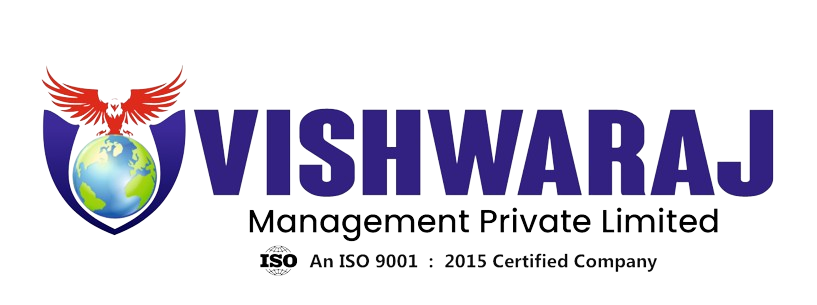Manpower Supply
- Manpower supply, also known as labor supply or workforce supply, refers to the availability and allocation of human resources or workers to meet the needs of an organization or industry. It involves the recruitment, selection, deployment, and management of individuals to perform various tasks and roles within a company or a specific project. Here are some key points related to manpower supply:
- Recruitment and Selection: Manpower supply begins with the identification of job vacancies and the recruitment of suitable candidates. This may involve advertising job positions, conducting interviews, and assessing candidates’ qualifications and skills.
- Skill Matching: It’s essential to match the skills and qualifications of individuals with the specific requirements of the job or project. This ensures that the workforce is competent and can perform their tasks effectively.
- Deployment: After selecting the right candidates, they are deployed to their respective roles or projects. This includes assigning tasks, providing necessary training, and managing their work schedules.
- Temporary or Permanent Staffing: Manpower supply can involve both temporary and permanent staffing. Temporary workers are hired for a specific period or project, while permanent staff become part of the organization’s long-term workforce.
- Contractual Arrangements: Manpower supply can be managed through various contractual arrangements. Companies may hire workers directly as employees or engage them through third-party staffing agencies or labor contractors.
- Workforce Planning: Effective manpower supply requires careful planning to ensure that the right number of workers with the right skills are available when needed. This involves forecasting labor needs based on business demands and market trends.
- Compliance and Regulations: Companies must adhere to labor laws and regulations when managing their workforce. This includes ensuring fair wages, providing benefits, and complying with workplace safety standards.
- Cost Management: Managing labor costs is a critical aspect of manpower supply. Companies must balance the need for an adequate workforce with cost constraints, often seeking cost-effective solutions.
- Flexibility: Manpower supply strategies need to be adaptable to changing business conditions. Companies may need to scale their workforce up or down depending on market fluctuations.
- Employee Retention: Retaining skilled and experienced employees is important for the long-term success of an organization. This involves providing opportunities for career growth, a positive work environment, and competitive compensation packages.
- In summary, manpower supply is a crucial aspect of human resource management that involves the recruitment, deployment, and management of workers to meet the workforce needs of an organization. Effective manpower supply strategies are essential for achieving business goals and maintaining a competitive edge in the marketplace.

